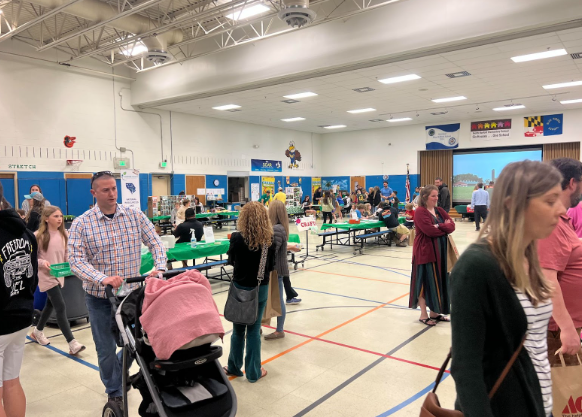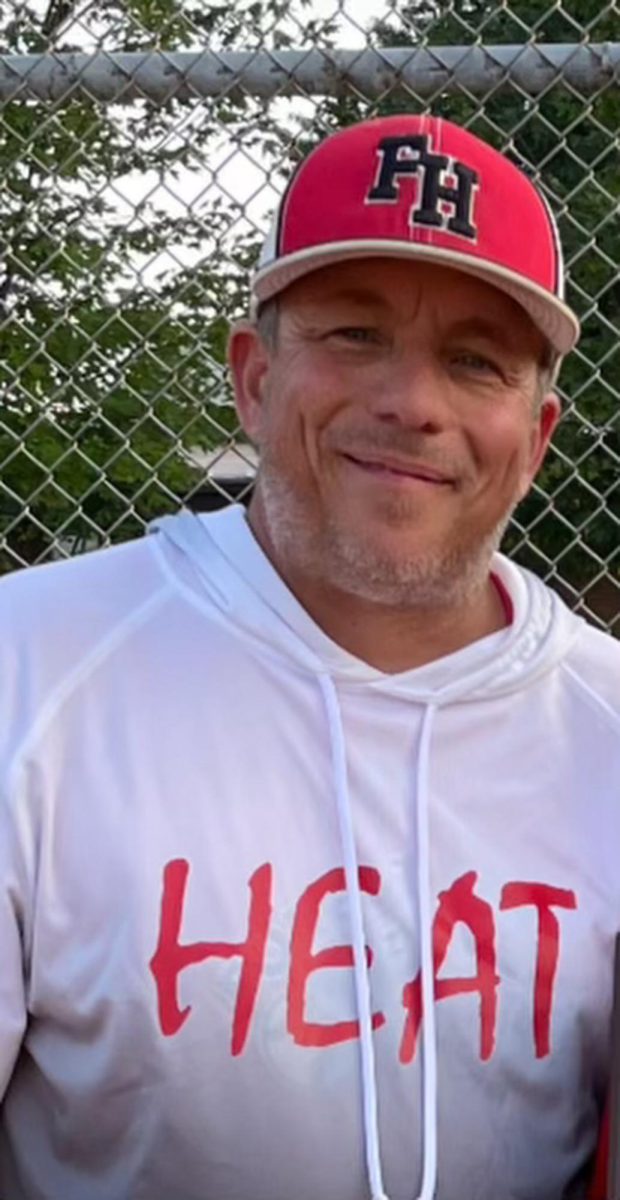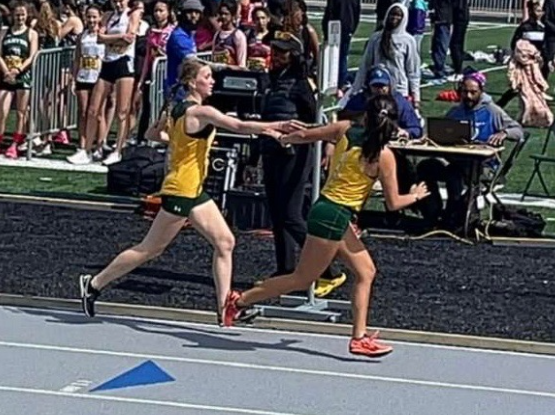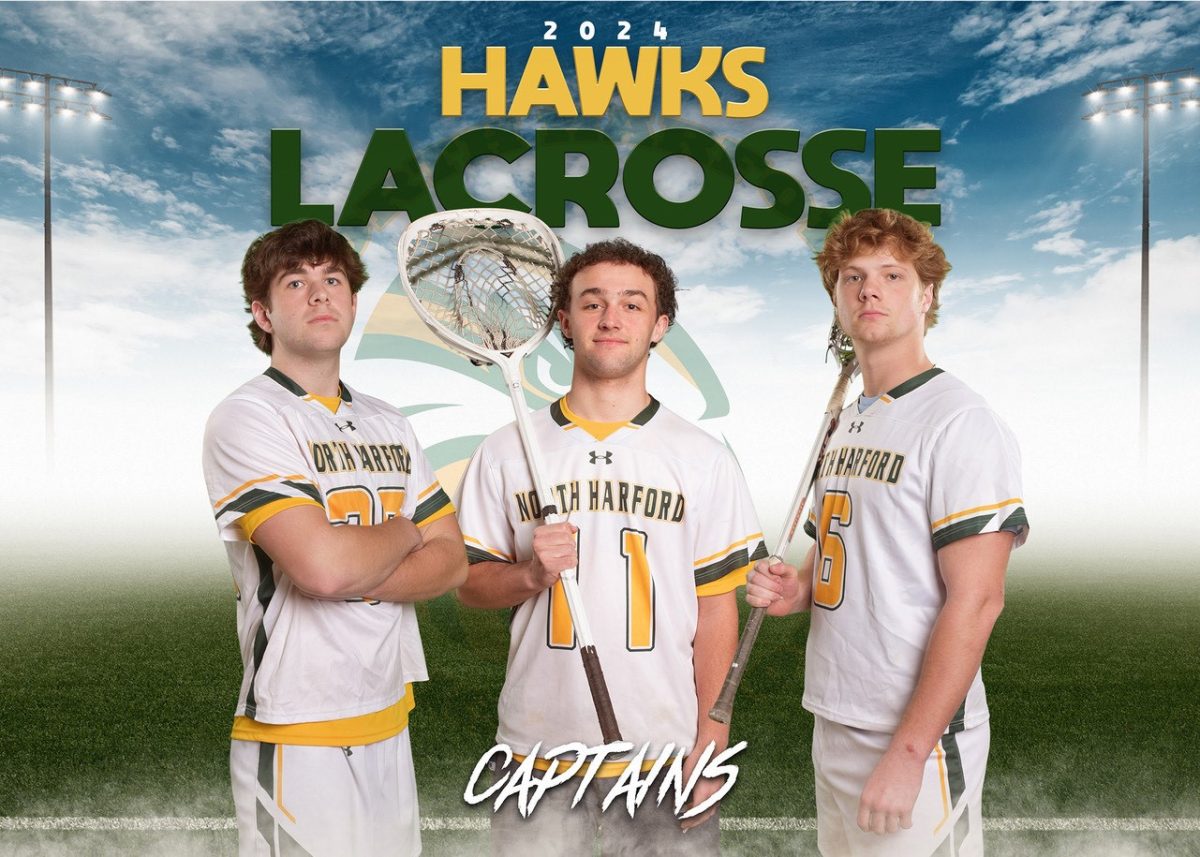Language, lingo, cliques play pivotal part in social structure
May 27, 2021
While the school year comes to an end, many come to wonder about trends in high school of those who attended it more than a decade ago. Each generation throughout time presents unique student culture.
Foremost – it is important to distinguish the several friend groups that used to exist when life was not filled with technology. “You had people that were in the musicals – in sports – and those who were not involved,” proclaims Spanish teacher Mrs. Lori Rake.
Nowadays, Rake believes that students are more likely to be blended in rather than separated, “They belong to several groups of people.” Her emphasis on the subject that when she was in school back then continued, “Back when I was in school… you were in one group. That’s it,” continues Rake. Students of the school seem to agree – data acquired from Instagram polls shows that 76 percent of students believe they are involved with more than one type of group in the school, which included “sporty”, “musically inclined”, “techies”, “book enthusiasts”, and more. This data supports Rake’s theory, that in this age, the diversity of personalities in school is prevalent.
Slang, informal words that mean other words used in a playful manner, are used by many today and were popular in older times as well. When asked what slang were most used, many pitched in with “GOAT (Greatest Of All Time), “gucci”, “sick”, and more. This modern slangs were likely not around when Rake was in high school, but today they are a vital part of students’ lives.
Despoina Tsaliki, 19, who graduated North Harford High School last year, explains the importance of slang in her vocabulary, “It makes me feel unique” proclaims Tsaliki. The importance of this informal language does not only present uniqueness to whoever uses it – but it is also a “staple for our generation,” argues the graduate.
George Farinholt, 40, a parent of a student who goes to NH, shares his experience with slang, “We used to say ‘Sup!’ all the time,” discloses Farinholt. Those who grew up in the ‘80s shared slang such as “Radical”, and “Eat my shorts,” which are both seen in movies such as The Breakfast Club, released in 1985.
Generations throughout the years present several trends in socialization, as well as language. These trends continue on until new ones are made. It is something that makes the student mind wonder… what will the student culture come down to in future years?










